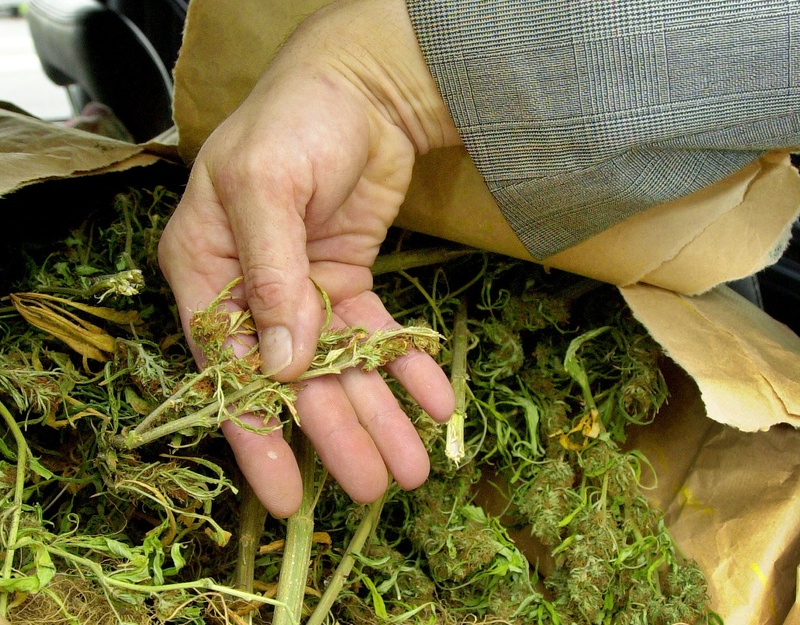Maine voters approved such sweeping changes to the medical marijuana law last year that it should be considered an entirely new program.
Given that, the fee structure created by the Legislature to implement the new law should be given a chance to work before it gets adjusted.
At a hearing this week, some medical marijuana patients made the case that the proposed annual charges — $100 for a patient, and $300 for a home grower — are too high.
The patients said that many of them would be hard-pressed to pay that much for the right to buy the drug that they need, even though low-income MaineCare recipients would get a $25 annual discount.
Their testimony was compelling, but anyone who supports medical marijuana distribution has an interest in seeing this program work. And it will not succeed without strict government oversight to protect against diversion.
Registration is necessary to establish who has a right to possess pot in case of an encounter with law enforcement. Without a registry, every person arrested for marijuana possession could claim to have an ailment and try to find an after-the-fact prescription for it.
Maintaining a registry and keeping track of the dispensaries will require an expenditure of state resources. With the state’s fiscal problems, it cannot afford to introduce this as a taxpayer-funded entitlement. The bill that was approved by the voters anticipated that the medical marijuana dispensary system would be self-supporting.
On their face, the fees do not seem to be too high: $100 a year breaks down to less than $2 a week, or 27 cents a day. That does not seem to be too much to be able to maintain reliable and legal access to the drug.
If the fees prove to be an unreasonable burden for some consumers, or if they raise more revenue than is needed to supervise the program, the Legislature can make changes. As a new program, it should be expected that modifications will be needed overtime when it is introduced to the real world.
But the biggest threat to a successful medical marijuana program is too little oversight, not too much. The state should take every step necessary to make sure that legal pot gets into the right hands and stays out of the wrong ones.
Send questions/comments to the editors.



Comments are no longer available on this story